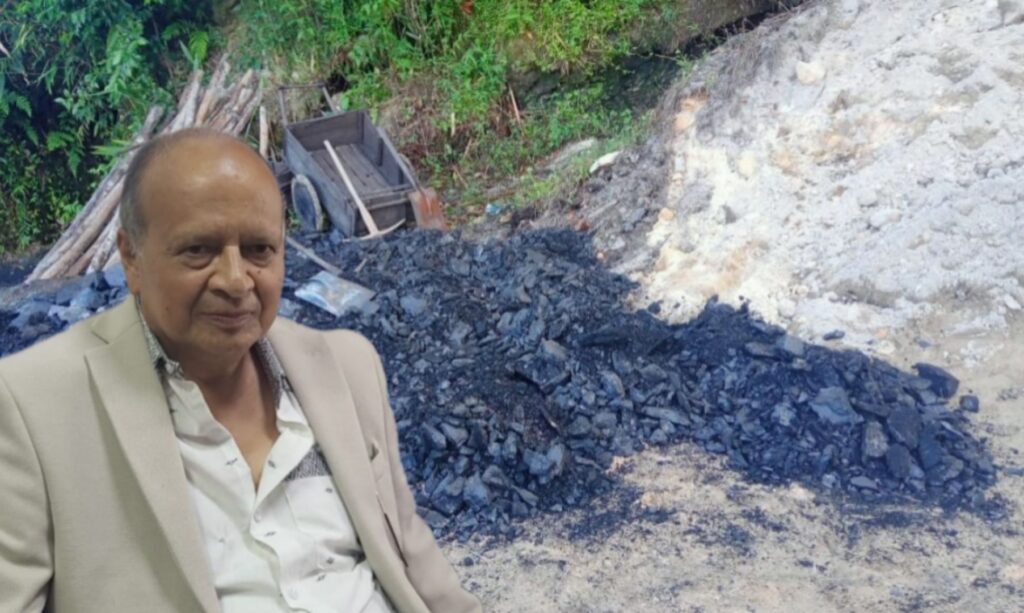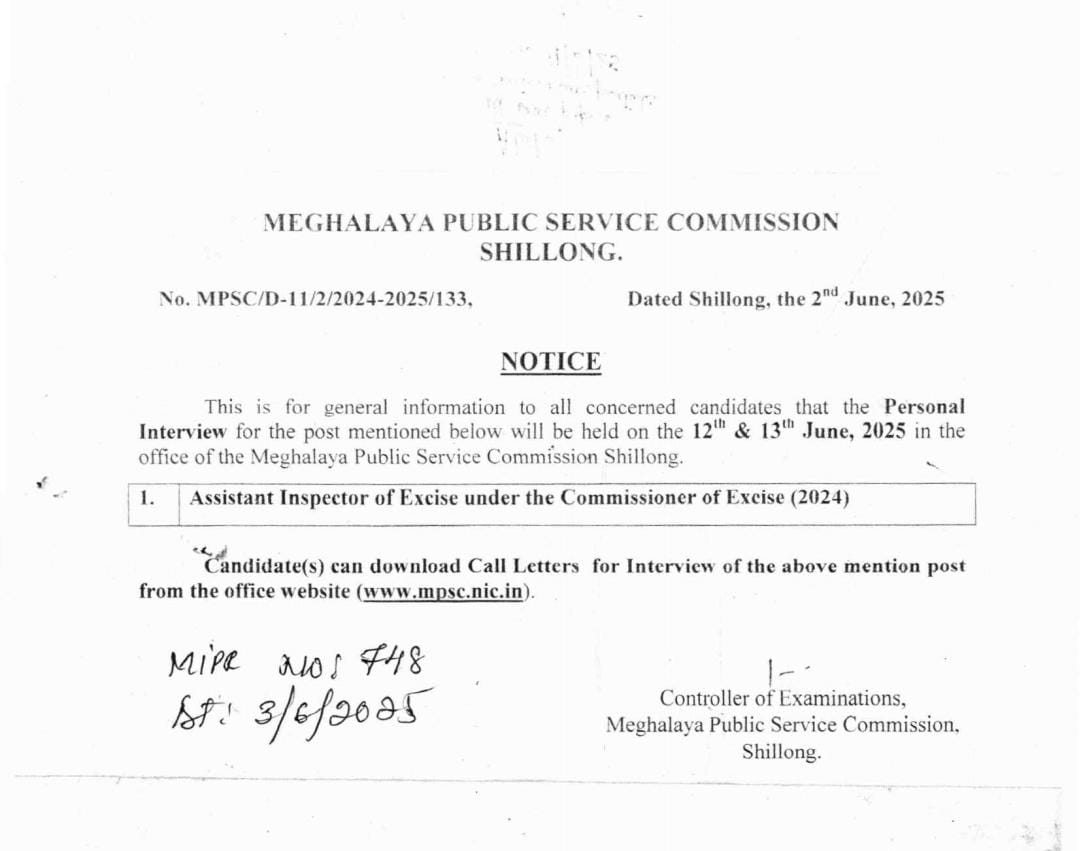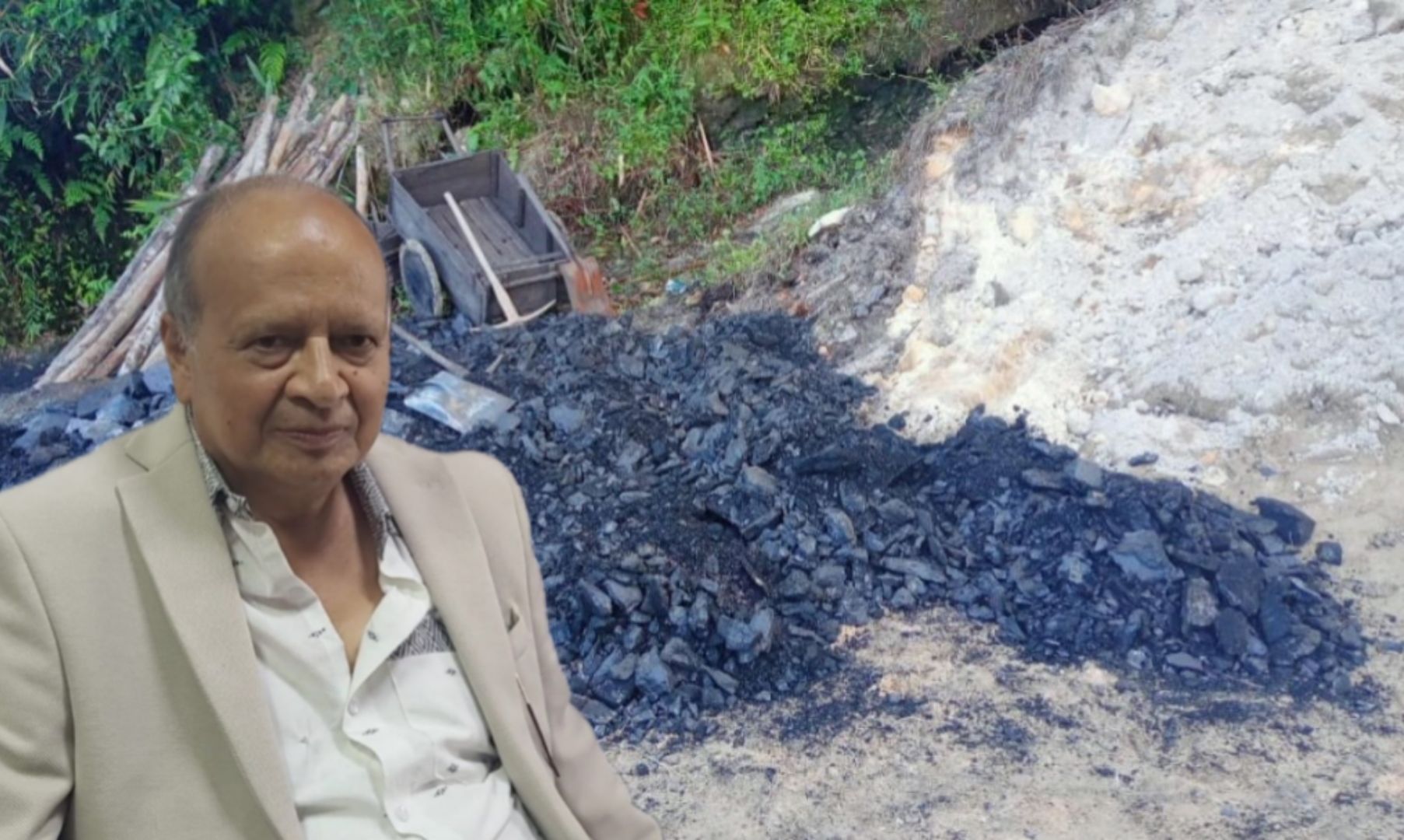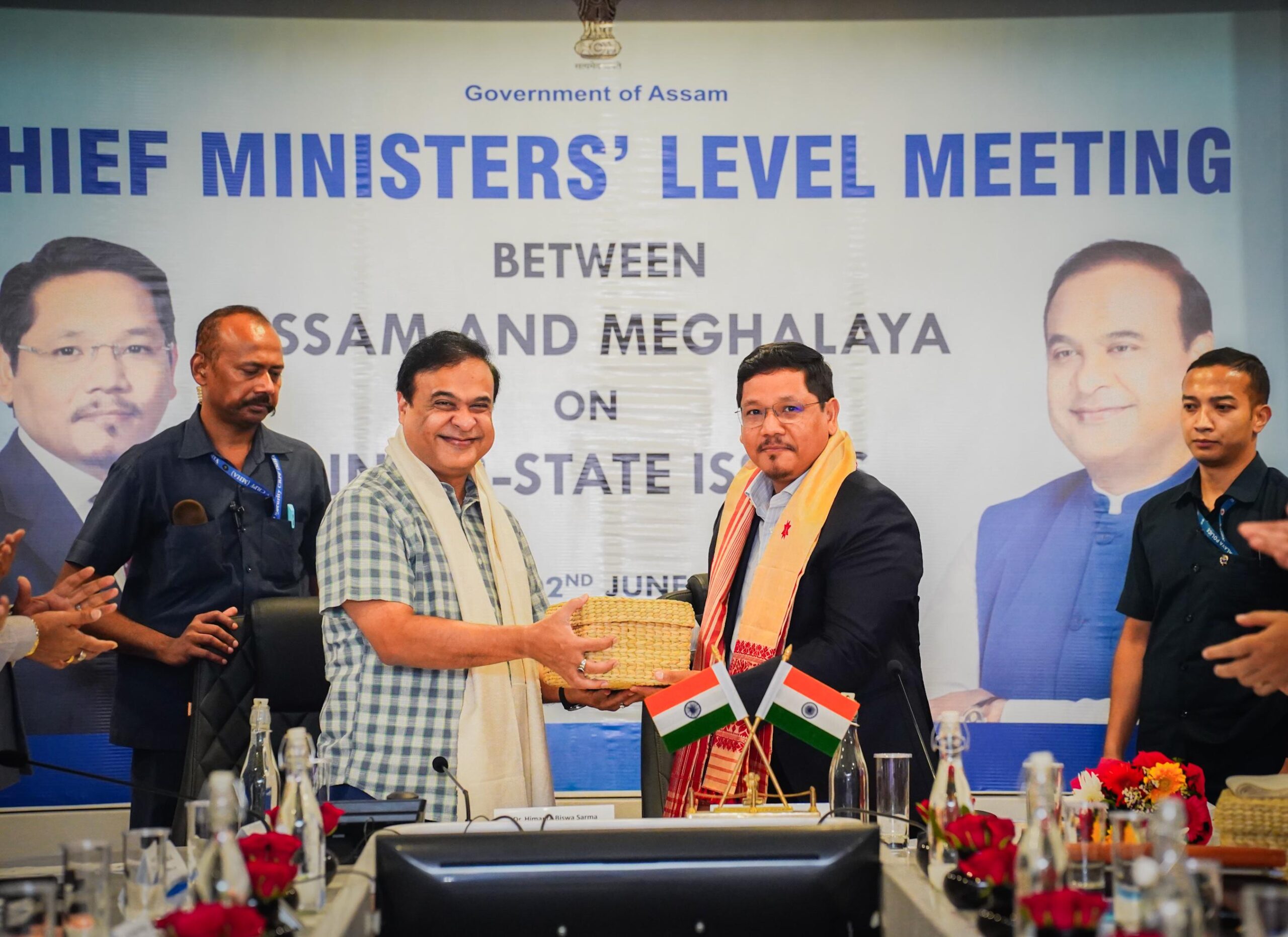
Rajya Sabha MP from Meghalaya, Dr. WR Kharlukhi, has launched a sharp critique of the National Green Tribunal (NGT), accusing it of adopting “double standards” in its approach to environmental regulation. The MP declared his intention to bring a Zero Hour notice in Parliament over what he termed as an unfair crackdown on Meghalaya’s small-time coal miners while major industrial polluters go unchecked.
“NGT is going after our people—small coal miners whose livelihoods depend on coal—while pollution from heavy industries is killing millions. What has the NGT done about that?” Dr. Kharlukhi said on Monday, voicing frustration over the long-standing ban on rat-hole coal mining in the state.
“For over four decades, coal has been the backbone of our people’s survival. The sudden ban has severely impacted miners, slashed the state’s revenue, and hit the District Councils. Why is the NGT not doing anything against big industries causing large-scale pollution?” he questioned.
Dr. Kharlukhi acknowledged the environmental risks of unregulated coal mining but emphasized that the issue lies in coal dumping, not mining itself. “To me, it’s the illegal dumping that pollutes rivers, not the act of mining. There should be a designated space for coal storage, just like there is for cement. The dumping is what affects the rivers—not mining per se,” he explained.
The MP argued for a balanced, evidence-based regulatory approach. “Human lives are just as important as the environment. While illegal rat-hole mining has its consequences, we cannot ignore the silent deaths caused by industrial pollution,” he said.
Responding to concerns about illegal mining’s consequences, Dr. Kharlukhi warned of rising social risks if livelihood options continue to shrink. “Now that coal mining is halted, look at what’s happening—recent drug-related arrests in Khliehriat are a worrying sign. If youth lose their source of income and turn to drugs, what future will we have?”
Dr. Kharlukhi’s comments highlight a growing sense of discontent in coal-dependent regions of Meghalaya, where the NGT’s sustained restrictions have led to economic and social distress. His proposed intervention in Parliament is expected to reignite national debate over environmental justice, regional livelihoods, and equitable regulatory action.



